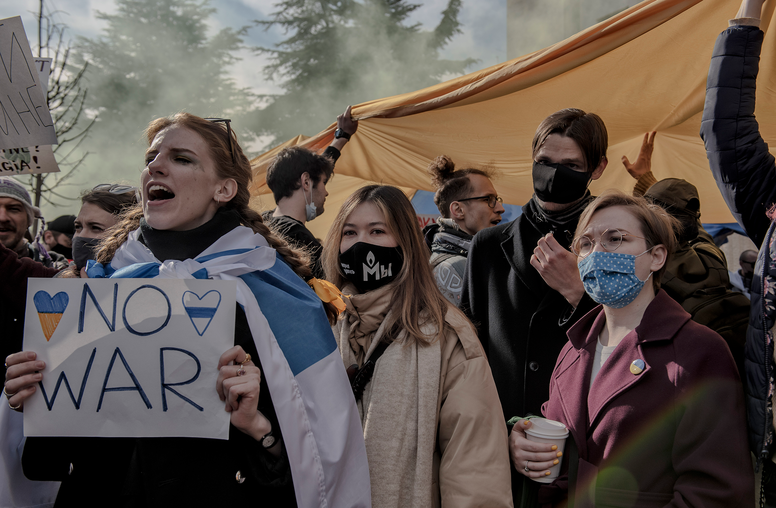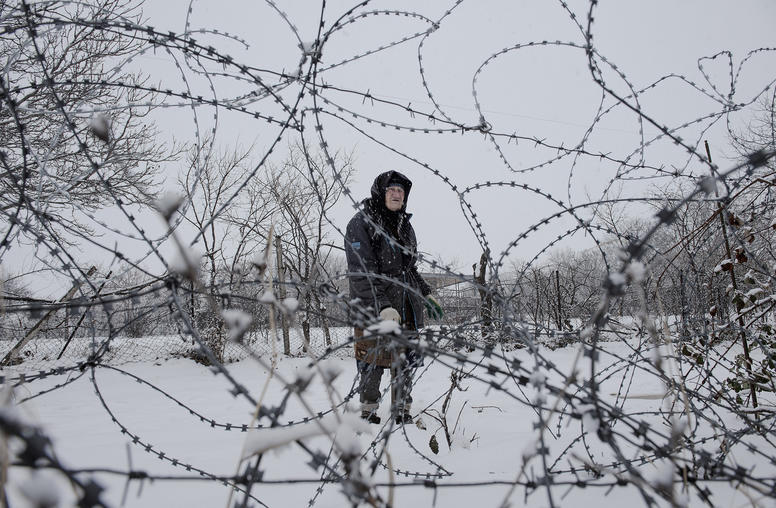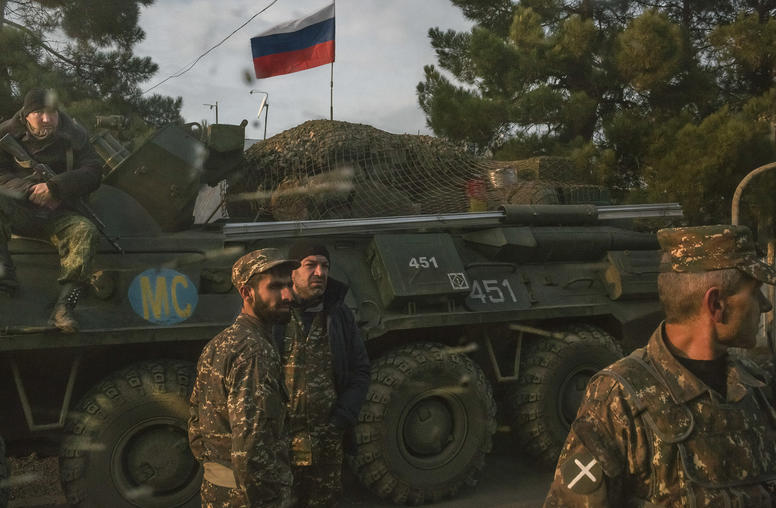Building Confidence to Enable Peacebuilding: USIP Support for Track II Dialogue
Since 1989, tensions have flared repeatedly and at times violently between the Republic of Georgia and the territory of South Ossetia. The most recent episode of conflict came to a head in August 2008, when a Georgian military offensive into South Ossetia prompted an immediate response by Russia, resulting in a week of severe clashes until a ceasefire agreement was brokered by international actors. The subsequent peace, however, remains fragile, with many issues still contentious and unresolved. The Georgian government and the South Ossetian authorities meet infrequently, and rarely address broader issues relating to the conflict. In this context, key members of Georgian and South Ossetian civil society, with backing from select officials on both sides, have embraced opportunities for Track II diplomacy.
To facilitate progress on that front, Professor Susan Allen Nan, of the Institute for Conflict Analysis and Resolution at George Mason University (Virginia, USA), is directing a USIP grant-funded project, which also received support from the U.S. State Department, the U.S. Agency for International Development, the United Nations Development Program, and other sources. The project has three main objectives, all intended to strengthen the prospects for robust, lasting peace. The first is to cultivate harmonious, collaborative relationships among influential Georgians and South Ossetians through face-to-face dialogue. The second is to generate options for concrete confidence-building measures, bolstered by shared understandings among Georgians and South Ossetians of which ones are most useful and viable, that policymakers or civil society could choose to implement. The third is to publicize these improved relationships and promising recommendations to relevant politicians and stakeholders.
For these purposes, a series of workshops have been held, beginning in December 2008. The starting point was to jointly identify existing peacebuilding needs and establish goals and a timeline of future activities. Subsequent workshops have revolved around specific topics and proven to be catalysts for notable positive steps. For example, one workshop, held in partnership with the Alliance for Conflict Transformation, was devoted to resource matters such as water. The workshop, along with years of complementary efforts by the Organization for Security and Cooperation in Europe and other officials, helped to pave the way for a negotiated agreement to repair the dangerously damaged Zonkari dam. The lessons from this engagement, in turn, fed back into the work of devising confidence-building measures. During another workshop, significant attention was focused on the benefits of maintaining active, ongoing conflict prevention efforts to address emerging tensions and unexpected events before they escalate and risk derailing the peace process. Two weeks later, meetings of the Incident Prevention and Response Mechanism, which was set up as a venue for regular, formal discussions on practical matters involving the ceasefire line, resumed after a six-month interruption. A further outgrowth is a new initiative to develop and publish Georgian and South Ossetian policy research papers that explore the prospects for the peace process and associated issues.The outputs and insights from this project are proving to be valuable resources for others looking to make constructive contributions toward bridging the Georgian-South Ossetian divide. Reports and videos from the workshops and additional written materials are posted on a project website, which is accessible in English, Georgian, South Ossetian, and Russian. Meanwhile, diplomats, policymakers, practitioners, and analysts based on the ground in Georgia, as well as in Washington, D.C. and various European capitals, continue to seek advice frequently from Professor Nan and her project partners, as have funders exploring possibilities in the region.



